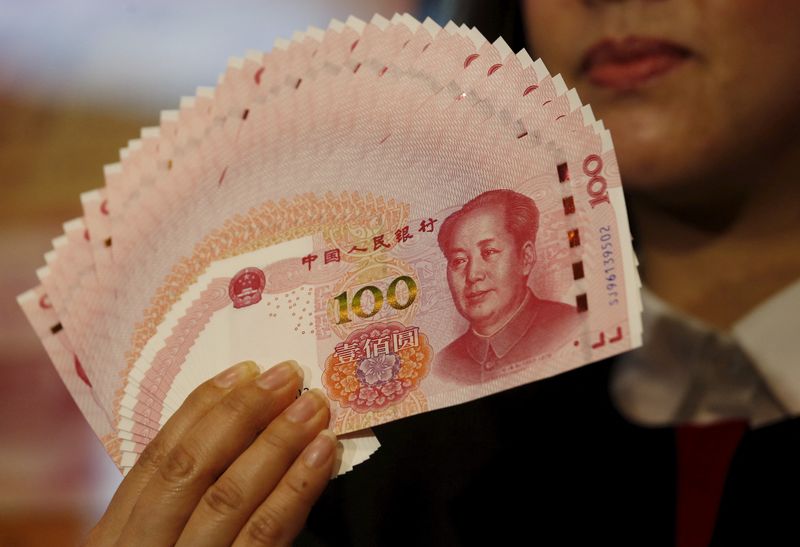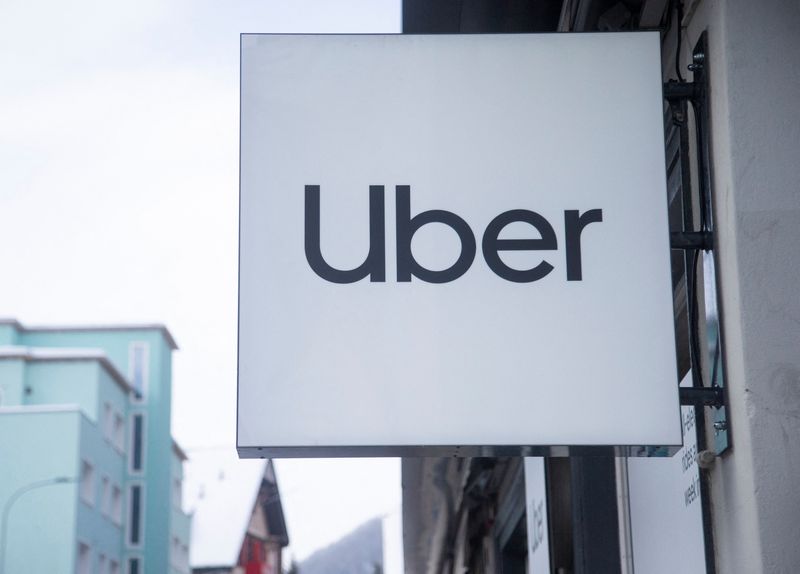Definition of recession in economic terms
A recession is a significant decline in economic activity spread across the economy, lasting more than a few months, normally visible in real GDP, real income, employment, industrial production, and wholesale-retail sales. A recession begins when the economy reaches a peak of activity and ends when the economy reaches its trough. Between peaks and troughs, there is a period of contraction.How does a recession happen?
There are many possible causes of the recession. Some economists believe that recessions are caused by imbalances in the economy, while others believe that they are caused by external factors such as wars or natural disasters. The most common cause of recession is a decrease in demand for goods and services. This can be due to a number of factors, such as a decrease in consumer confidence, an increase in interest rates, or a decrease in government spending. Another cause of recession is an increase in the supply of goods and services. This can happen when there is an increase in the production of goods and services, or when there is a decrease in the demand for them.What are the effects of a recession?
The effects of the recession can be divided into two categories: direct and indirect. Direct effects are those that happen to the economy as a whole, while indirect effects are those that happen to specific sectors or industries. The most direct effect of recession is a decrease in GDP. This can lead to a decrease in government revenue and an increase in government spending. This can also lead to a decrease in private sector investment and an increase in unemployment. Indirect effects of recession include a decrease in consumer confidence, an increase in interest rates, and a decrease in the demand for goods and services.What are the possible solutions to recession?
The most common solution to recession is fiscal policy. This is when the government intervenes in the economy by either increasing spending or decreasing taxes. This can help to increase aggregate demand and boost economic activity. Another solution to recession is monetary policy. This is when the central bank intervenes in the economy by changing interest rates. This can help to increase or decrease the money supply and boost economic activity. The third solution to recession is structural policy. This is when the government intervenes in the economy by changing the structure of the economy. This can help to increase productivity and boost economic activity.The bottom line
In conclusion, a recession is a situation where there is a general slowdown in economic activity. It can be caused by a number of factors, such as a decrease in demand or an increase in supply. The effects of the recession can be direct, such as a decrease in GDP, or indirect, such as a decrease in consumer confidence. The most common solutions to the recession are fiscal policy, monetary policy, and structural policy. What do you think is the best solution to recession? Let us know in the comments below.Further questions
What's your question? Ask it in the discussion forum
Have an answer to the questions below? Post it here or in the forum
LATEST NEWS

Chinese tricksters take cue from Squid Game to prey on the indebted
Stay up-to-date with the latest news - click hereLATEST NEWS

14 Syrian police killed in ambush as unrest spreads
Stay up-to-date with the latest news - click hereLATEST NEWS Stay up-to-date with the latest news - click here
Stay up-to-date with the latest news - click here
Trump urges Wayne Gretzky to run for Canadian prime minister as Justin Trudeau could be on the brink of losing power
Wayne Gretzky visited Mar-a-Lago and wore a MAGA hat after Donald Trump's November electoral victory.
LATEST NEWS Stay up-to-date with the latest news - click here
Stay up-to-date with the latest news - click here
Sam Altman wants to hear from you on what OpenAI should build next year. Here are 3 ideas that have caught his eye so far.
OpenAI's Sam Altman asked his followers how to improve the artificial intelligence platform in 2025. One idea included new family accounts.
LATEST NEWS

Taiwan blocks Uber's $950 million Foodpanda deal over competition concerns
Stay up-to-date with the latest news - click here